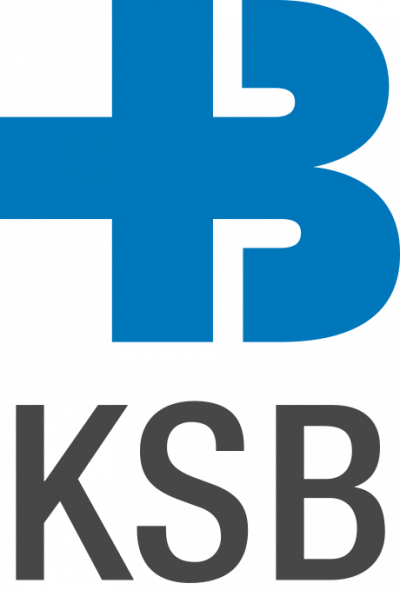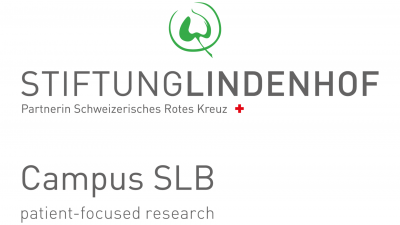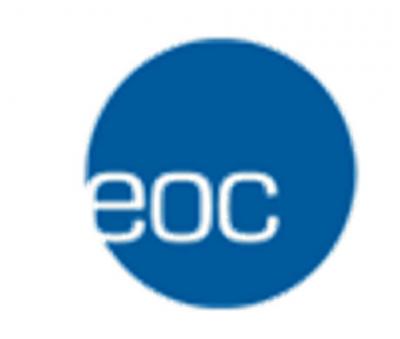Neoadjuvant local immunotherapy plus atezolizumab in localized operable bladder cancer
Coordinating investigator
The current standard treatment for localized, muscle invasive bladder cancer (MIBC) consists of platinum-based neoadjuvant chemotherapy together with surgical removal of the bladder. However, the condition has a poor prognosis with a 5-year survival rate of 40–50%. Researchers are therefore looking for alternative, more effective treatment options for patients with localized MIBC.
Treatment studies for localized MIBC aim to establish a treatment that can be used to achieve a high rate of local tumor control. This would allow many patients to avoid surgical removal of the bladder or extended radiotherapy, which would significantly improve their quality of life.
In the SAKK 06/19 trial, the standard treatment for localized MIBC will be supplemented with Bacillus Calmette Guérin (BCG) and atezolizumab. BCG is a vaccine that is primarily used for tuberculosis, but is also often used to treat bladder cancer. This combination is currently being investigated in patients with non-muscle invasive bladder cancer (NMIBC) in a number of trials. BCG is recommended as the standard treatment for patients with NMIBC following complete removal of the tumor. The majority of patients respond to the BCG treatment, which appears to increase the immune response in the entire bladder wall. The checkpoint inhibitor atezolizumab (anti-PD-L1) is currently authorized as a second-line therapy for metastatic bladder cancer.
46 patients with localized MIBC will take part in the trial, all of whom will receive the trial therapy.










